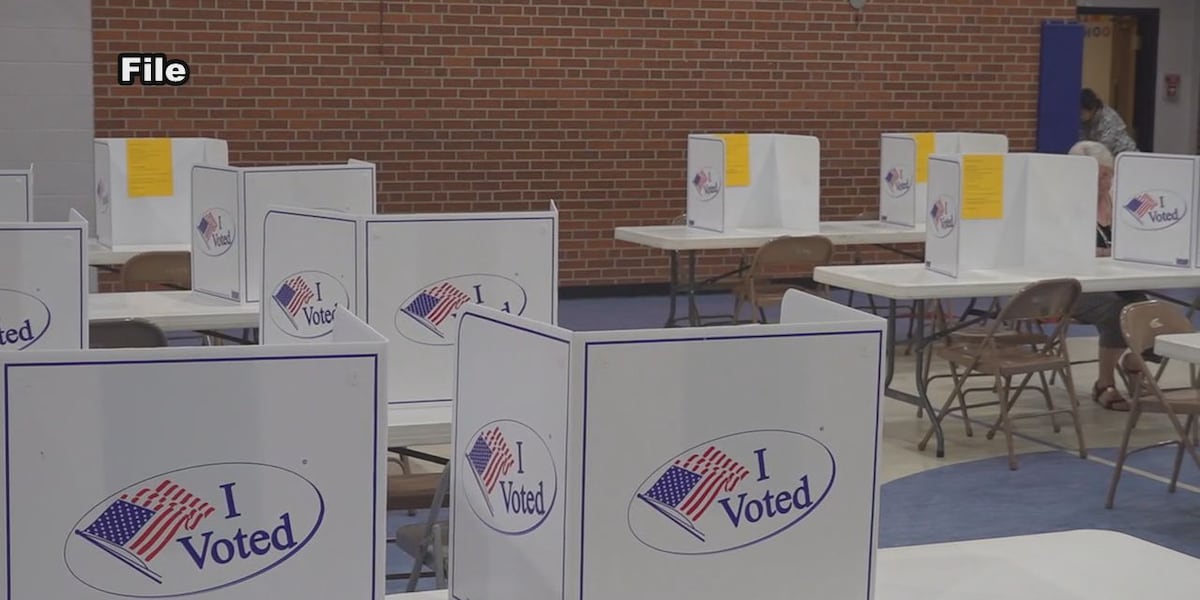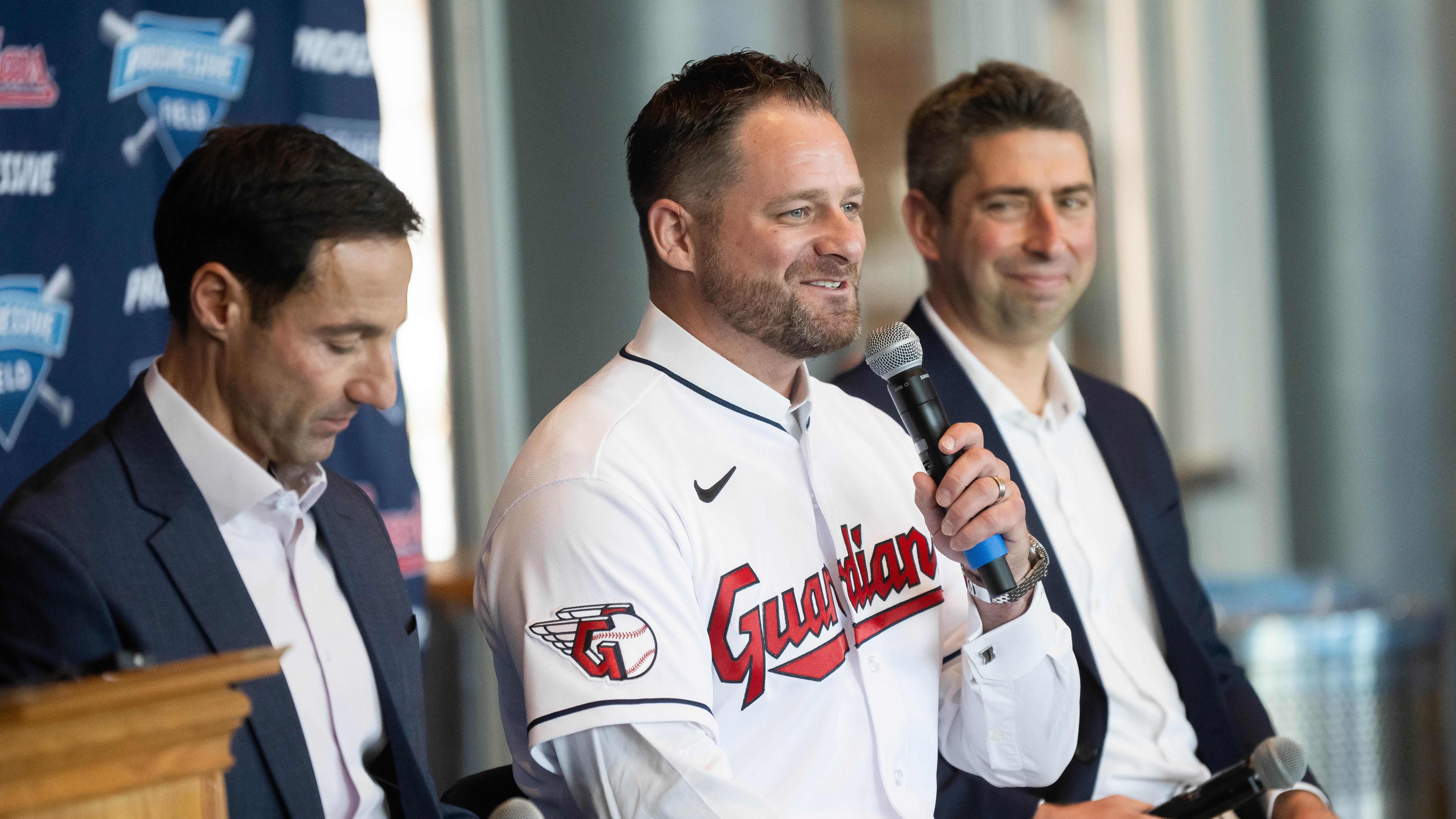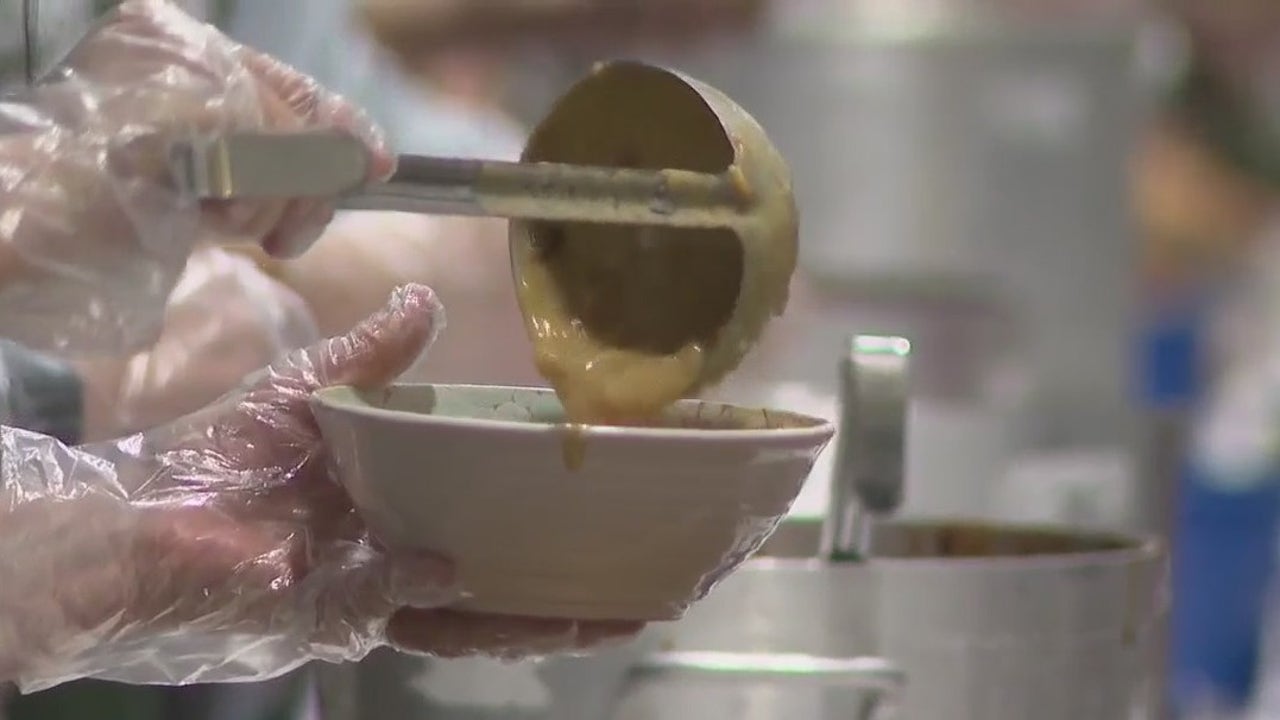Pennsylvania
From Pennsylvania to Arizona, some states may change up how they run primaries
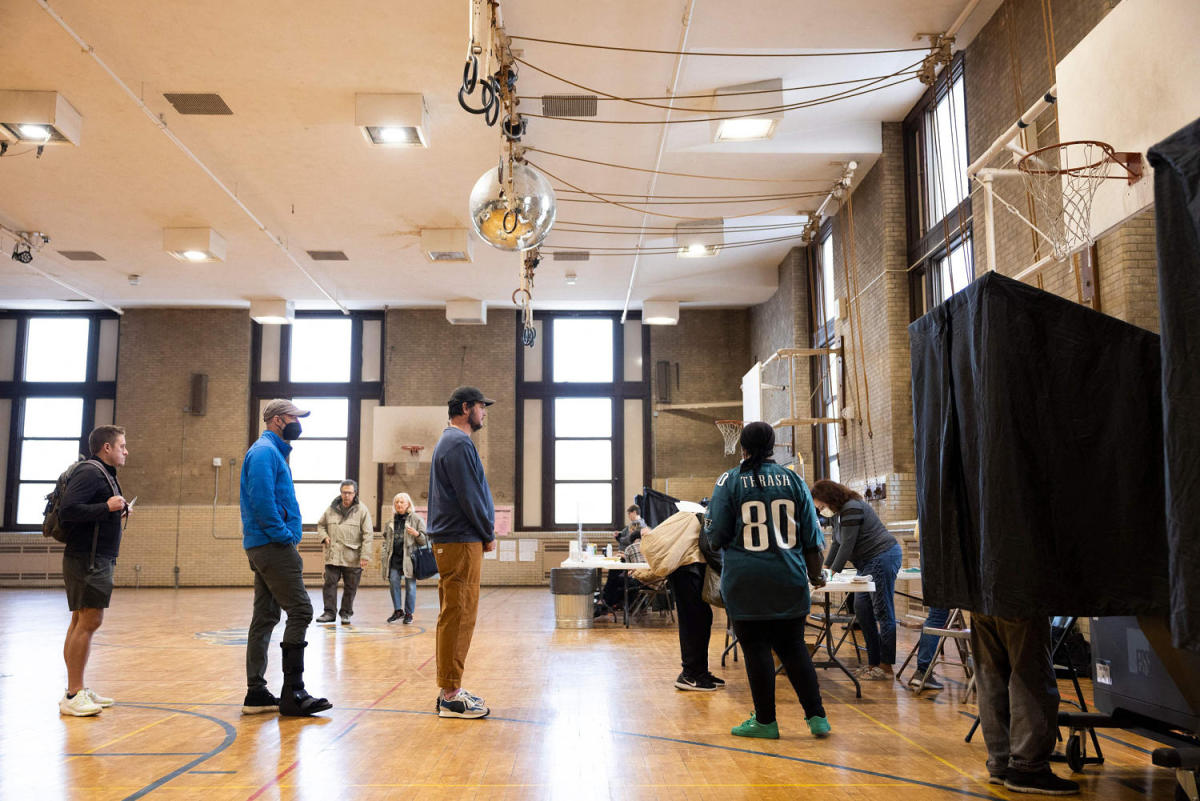
At least six states are considering changing their primary election systems in 2024, with nearly all looking at ways to open up partisan primaries to involve more voters.
Partisan primaries are some of the lowest-turnout and most important elections in the U.S., where gerrymandering has significantly reduced the number of competitive races. Supporters say opening up primaries to all voters would reduce extremism in politics and engage more Americans, while critics say the parties are entitled to nominate candidates as they choose.
Eight states, including Nevada and Pennsylvania, have completely closed primaries, in which only registered party members can vote, according to the National Conference of State Legislatures, while many others have some restrictions on who can participate. Sixteen states allow voters to choose a primary to vote in, while a handful of states, including California and Alaska, have a single primary and allow multiple candidates to advance to the general election.
Here’s what’s happening in each state that’s mulling a change.
Arizona
A bipartisan group of Arizona politicos are mounting a well-funded effort they’ve dubbed “Make Elections Fair Arizona,” which aims to put a constitutional amendment on the November ballot that would require the state to host one nonpartisan primary for all voters.
Nearly 1.5 million Arizona voters are unaffiliated with any party. To vote in a partisan primary, they must affiliate with a party or request a party’s ballot ahead of the election. The amendment would put all candidates onto the same ballot for all voters to consider.
It’s unclear exactly how general elections would work under this system; the amendment gives the state legislature or secretary of state power to decide the process. It does dictate that no more than five candidates can advance, and if there are three candidates, voters must use ranked-choice voting to ensure that the winner has a majority of voters’ support.
According to Chuck Coughlin, a political consultant working on the campaign, the group plans to spend around $5 million on paid signature gatherers and $6.5 million advocating for the amendment’s passage.
In an effort to preempt the amendment, Republican state lawmakers have put two amendments on next year’s ballot that would enshrine the current system of partisan primaries in the state constitution and prohibit the proposed primary system, as well as ranked-choice voting. Coughlin said he was delighted by the binary choice the ballot will offer voters and argued it will make his job easier.
“Our campaign is going to be, ‘Hey, if you like how it’s going, vote for them. If you don’t like how it’s going, vote for us,’” he said. “We are the change, they are the status quo for sure.”
Idaho
Idahoans for Open Primaries is well on its way to getting a measure on the November ballot in the state. According to organizers, the group’s volunteers have gathered 50,000 signatures to date. They need signatures from nearly 63,000 registered Idaho voters and signatures from at least 6% of voters in 18 of Idaho’s 35 legislative districts to qualify for the ballot. To meet that goal, the group plans to gather 100,000 signatures before the May deadline.
If the measure makes it on the ballot and is approved, it would create a nonpartisan primary for voters in the state and institute ranked-choice voting in general elections.
Jim Jones, a former state attorney general and former state Supreme Court justice, said he was volunteering with the movement because he believed primary elections were allowing a very small number of far-right voters to elect most of the lawmakers in the GOP-heavy state.
“It was the only way I could see that we could straighten out Idaho politics,” he said. “The Republican Party primary was closed in 2012, and ever since that, the legislature has gone further and further to the right.”
Jones said he was “positive” the ballot measure would pass.
“It’s going to really make a sea change in Idaho politics,” he said.
Pennsylvania
In 2023, Pennsylvania lawmakers advanced two bills that would allow independent voters to cast ballots in partisan primaries in the state, where nearly 1 million voters are unaffiliated with any political party and cannot currently vote in any partisan primaries.
David Thornburgh, chair of Ballot PA, a group supporting the change, said there was support for the move across the political spectrum, from Donald Trump-supporting Republicans to progressive Democrats.
“The more ugly the partisan warfare becomes, the more turned off people are,” he said.
Oregon
Advocates in Oregon are gathering signatures to put a constitutional amendment on the 2024 ballot. If approved, the amendment would require the state to use nonpartisan primaries in nearly all elections. Presidential primaries would keep their partisan nominating process. Currently, unaffiliated voters cannot vote in a partisan primary in Oregon.
The volunteer group known as All Oregon Votes has gathered a few thousand signatures so far. They’d need 160,000 signatures to qualify for the November ballot.
Michael Calcagno, chair of the All Oregon Votes Committee, said the group hoped to attract donors and investment that would allow it to hire paid signature gatherers, without which he feared it would not gather enough signatures in time.
“I don’t think we’re going to create a better future and realize the potential of our state unless we are fully including every single eligible voter in elections,” Calcagno said.
Nevada
Nevada voters in 2022 took their first votes to approve a constitutional amendment that would open the state’s primaries. Currently, only voters affiliated with a political party can cast a ballot in the primary, a system that excludes the state’s more than 627,000 active nonpartisan voters.
If voters approve the open primary ballot measure again in 2024, the state’s constitution will require a single open primary for all candidates for federal, statewide and legislative offices, and ranked-choice voting in general elections to determine the winner.
Ohio
Meanwhile, Ohio lawmakers are considering two proposals that would make their primaries more restrictive, forcing voters to register with a party as far in advance as the year before the election.
Bill sponsors argued in a committee hearing in December that closed primaries are better because voters might meddle in the nominating process of another party, according to the Ohio Capital Journal.

Pennsylvania
Pennsylvania State Finalist Toby Herzog Commits To William & Mary For 2025

Fitter and Faster Swim Camps is the proud sponsor of SwimSwam’s College Recruiting Channel and all commitment news. For many, swimming in college is a lifelong dream that is pursued with dedication and determination. Fitter and Faster is proud to honor these athletes and those who supported them on their journey.
Toby Herzog from Ambler, Pennsylvania has announced his commitment to continue his academic and athletic careers at William & Mary beginning in fall 2025.
“I am ecstatic to announce my verbal commitment to continue my academic and athletic career at William & Mary. Thank you to all of my coaches, teammates, and parents for your continuous support. Can’t wait for 2025! GO TRIBE! “
Herzog swims for Upper Dublin Aquatic Club and is in his senior year at Upper Dublin High School, botu out of Fort Washington, PA. This past March, he finished 4th in the 100 breast at the PIAA 3A State Championships swimming to a 55.63. He was slightly faster in prelims with a 55.46 which made him the 2nd seed heading into finals. His best time of a 55.35 from December 2023 notably would have finished 3rd.
In addition to his ‘A’ final appearance in the 100 breast, he also won the 200 IM, clocking a 1:53.43, a personal best time. He made huge strides in the event as a junior as he started his junior campaign with a best time of a 2:04.80.
Herzog’s best SCY times are:
- 100 breast: 55.35
- 200 breast: 2:02.18
- 200 IM: 1:53.43
The William & Mary men finished 5th out of 6 teams at the 2024 CAA Championships. The team was less than 100 points behind 4th place Drexel.
Based on his best times, Herzog has the potential to be an immediate impact upon his arrival. His best time in the 100 breast would have made the ‘B’ final. The team notably had 2 ‘A’ finalists in the event with Brock Rempe (54.00) and Logan McDonald (54.01) finishing 5th and 6th. Herzog’s best time in the 200 breast would also have made the ‘B’ final.
Herzog will arrive next fall as a member of the class of 2029 along with Leo O’Keefe (backstroke), Blaise VanSlyke (sprint free), and Aiden Grendysz (fly).
If you have a commitment to report, please send an email with a photo (landscape, or horizontal, looks best) and a quote to [email protected].
About the Fitter and Faster Swim Tour
Fitter & Faster Swim Camps feature the most innovative teaching platforms for competitive swimmers of all levels. Camps are produced year-round throughout the USA and Canada. All camps are led by elite swimmers and coaches. Visit fitterandfaster.com to find or request a swim camp near you.

FFT SOCIAL
Instagram – @fitterandfasterswimtour
Facebook – @fitterandfastertour
Twitter – @fitterandfaster
FFT is a SwimSwam partner.
Pennsylvania
Pa. STEM center made possible by Cal Ripken, Sr. Foundation
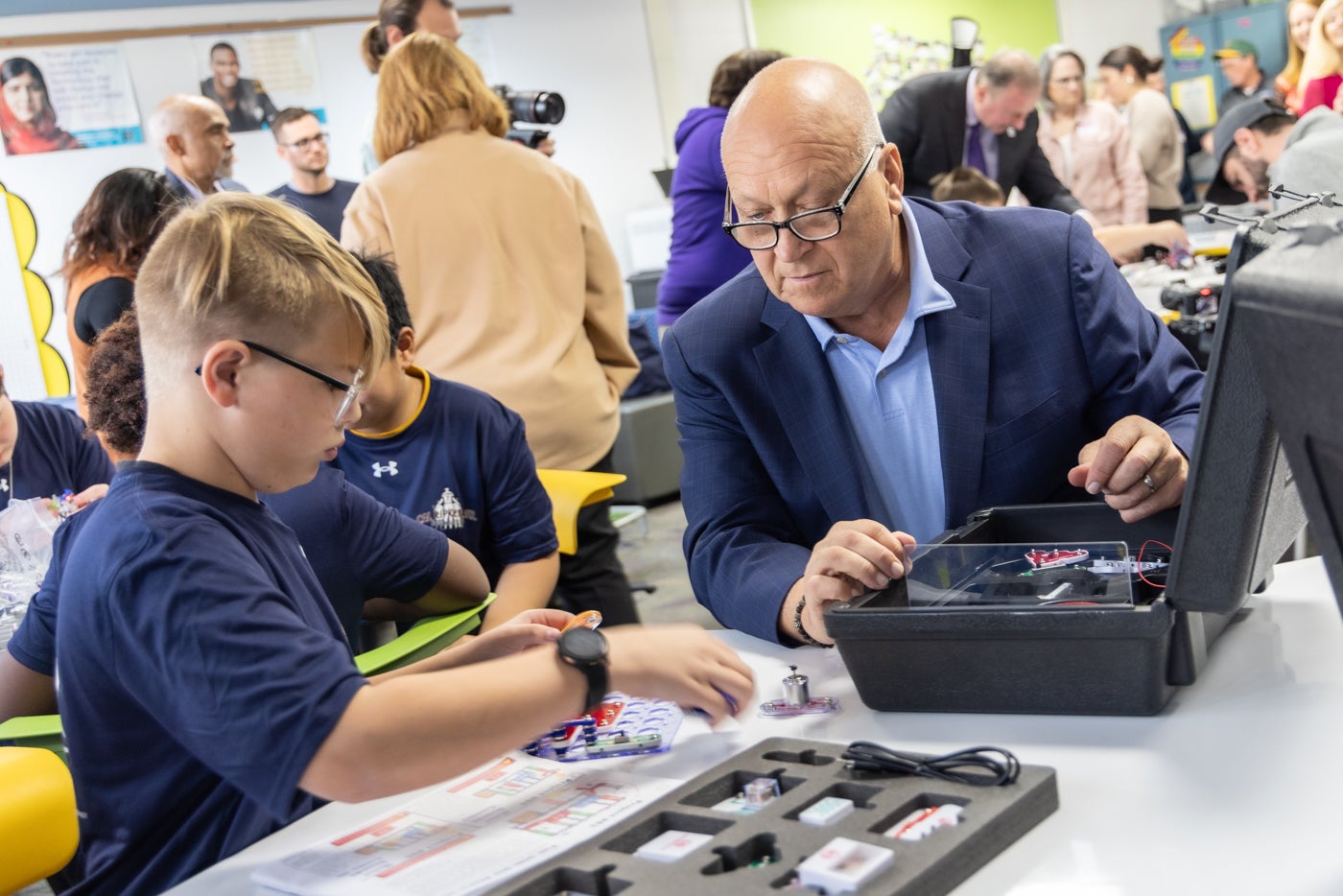
STEM careers can lead students to earn higher salaries, but it isn’t always accessible for all children to pursue STEM programs or careers.
“Most Americans believe K-12 STEM education in the United States is either average or below average compared with other wealthy nations,” according to an April 2024 Pew Research Center survey.
The study also revealed that “recent global standardized test scores show that students in the U.S. are, in fact, lagging behind their peers in other wealthy nations when it comes to math,” but are doing better than average in science compared with pupils in other countries.
The foundation is for all students but it places centers in neighborhoods handpicked because they don’t have access to technology education or abundant financial resources. Ripken Jr. explained, “A lot of our centers are in rural (or inner-city) areas.”
Joe Rossow, executive vice president of STEM and outcome measurements at the Cal Ripken, Sr. Foundation, noted that “rural areas don’t have that tax base… it’s hard for them to get new equipment, and new furniture and new things.”
In a 2021 report, Pew research also revealed that “Black and Hispanic workers remain underrepresented in the STEM workforce compared with their share of all workers.” The research stated that while women make up half of those employed in STEM jobs, most are in health-related careers. Women are underrepresented in other occupations, according to the report.
The foundation aims to help level the field and alter the stigma that prevents students from entering STEM-related careers. Rossow said they have seen an increase in girls showing interest in their STEM center programs. An analysis of application data from students in Texas, New Mexico, Oklahoma and Maryland found that 60% of female students had a higher increase in STEM engagement, 53% of female students had a higher percentage of STEM enjoyment and 50% of female students’ chances increased to enter STEM careers.
“Some of our female students had an increase in critical thinking as problem solvers and after that study, we didn’t realize it (the centers) really had an impact on our female engineers,” Rossow said.
The foundation’s mission is to partner with youth-serving organizations and schools across the country to provide educational life skills curriculum.
A mission that Ripken Sr. believed in wholeheartedly, according to Ripken Jr.
In Pennsylvania, STEM centers have opened at Saint Aloysius Parish School in Pottstown, Scott Sixth Grade Center in Coatesville, Delta-Peach Bottom Elementary in Delta, Robert K. Shafer Middle School in Bensalem, Feltonville School of Arts & Sciences and Avery Harrington School in Philadelphia.
The organization plans to open more centers in the future.
Pennsylvania
Mostly cloudy and breezy conditions on tap this evening

-

 Business1 week ago
Business1 week agoColumn: Molly White's message for journalists going freelance — be ready for the pitfalls
-

 Science5 days ago
Science5 days agoTrump nominates Dr. Oz to head Medicare and Medicaid and help take on 'illness industrial complex'
-

 Politics7 days ago
Politics7 days agoTrump taps FCC member Brendan Carr to lead agency: 'Warrior for Free Speech'
-
/cdn.vox-cdn.com/uploads/chorus_asset/file/25739950/247386_Elon_Musk_Open_AI_CVirginia.jpg)
/cdn.vox-cdn.com/uploads/chorus_asset/file/25739950/247386_Elon_Musk_Open_AI_CVirginia.jpg) Technology6 days ago
Technology6 days agoInside Elon Musk’s messy breakup with OpenAI
-

 Lifestyle1 week ago
Lifestyle1 week agoSome in the U.S. farm industry are alarmed by Trump's embrace of RFK Jr. and tariffs
-

 World7 days ago
World7 days agoProtesters in Slovakia rally against Robert Fico’s populist government
-

 News7 days ago
News7 days agoThey disagree about a lot, but these singers figure out how to stay in harmony
-

 News7 days ago
News7 days agoGaetz-gate: Navigating the President-elect's most baffling Cabinet pick

